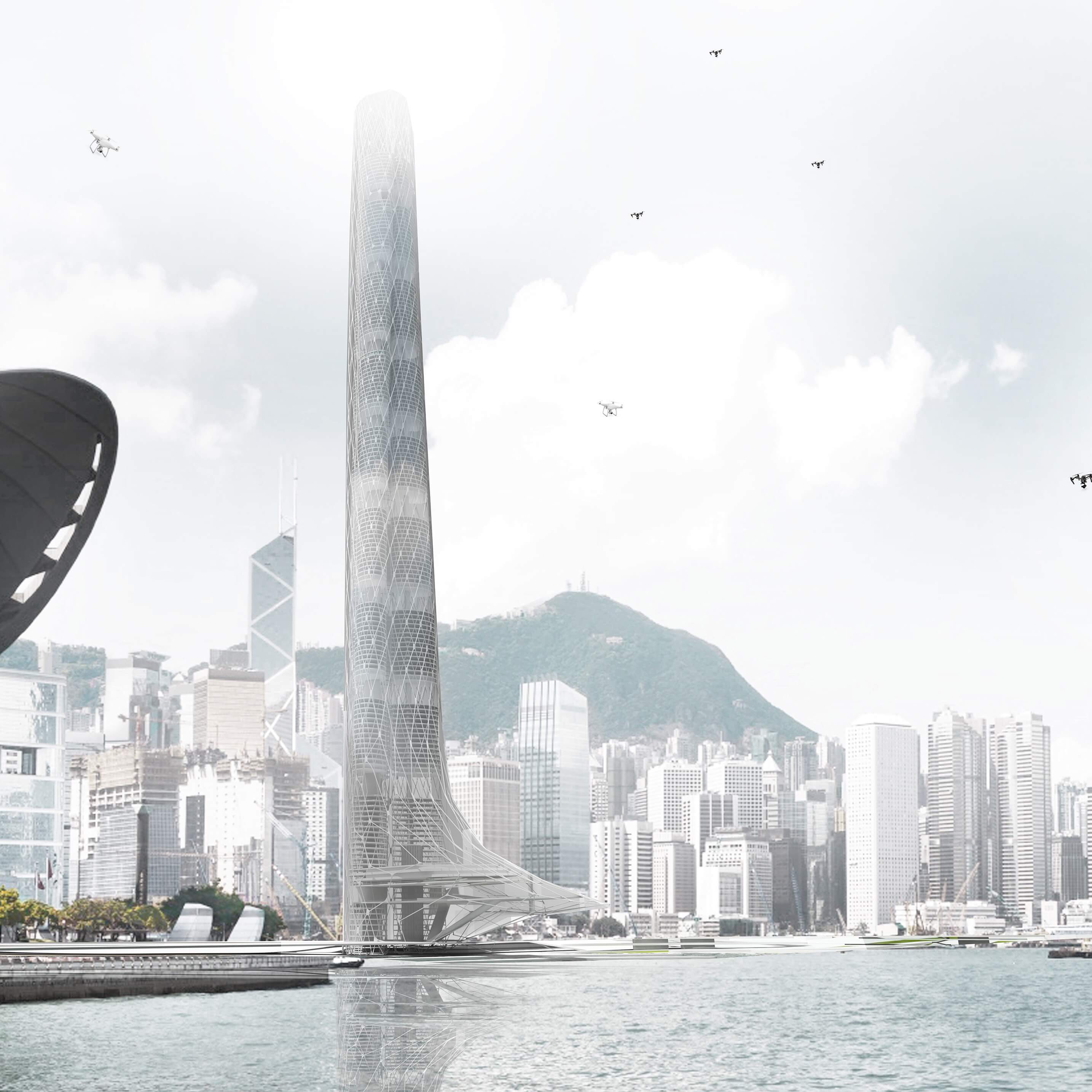By 2050, 68% of the world’s population will live in urban areas. Nearly 90% of this shift will happen in Asia and Africa. It’s a transformation that is massive in scale, uneven in distribution and explosive in impact.
These trends will be crucial to the implementation of the 2030 Agenda for Sustainable Development. How do you go about designing urban areas that ensure intergenerational equity? What are facets of today’s cities that need to be reexamined to realise these goals? How can we reimagine cities in a way that makes them better, safer and healthier places to live? Are there ways to directly enrich the lives of those who currently inhabit them, and those who will inhabit them in the near and distant future?
The Master of Urban Design — Future Cities at Thomas Jefferson University’s College of Architecture and the Built Environment aims to answer these questions and more. Guided by expert faculty members, students will dive into these contemporary issues with far-reaching consequences. From understanding the need for carbon neutral communities, to harnessing the potential of smart technologies to achieve environmental wellness, a wide array of academics and industry figures are on hand to offer knowledge, insight and advice on these topics.
Through this STEM-designated programme, students will have the opportunity to gain research and industry experience with the Jefferson Institute for Smart and Healthy Cities. Concentrations can be chosen from areas within the College of Architecture and the Built Environment – Geodesign, Urban Revitalisation, Smart Cities and Urban Analytics, or Resilient Cities – or focus on Public Health through its collaboration with Jefferson College of Population Health.
During their studies, students will be able to travel to a variety of national and international metropolitan areas, exploring first-hand the challenges of rapid urbanisation. This real-world experience is valuable for graduates who are aiming for global practice in the field.
Innovative, entrepreneurial and creative — it’s a multidisciplinary master’s that is set to produce graduates who can develop sustainable, healthy, and smart cities and communities. “Everybody who has a passion for adding value to society through creation, is able to find a place in this profession,” says Dr. Barbara Klinkhammer, Dean of the College of Architecture and the Built Environment.
Cutting-edge and forward-thinking
Data visualization and spatial analytics, play a big role in this 48-credit, four semester, full-time course, teaching students to go beyond a traditional understanding of urban design. It demands a multidimensional view of the environment, including population changes, our consumption and demand of resources, existing natural and manmade systems, climate changes and other factors.
TJU students who choose this concentration will be able to integrate knowledge on the principles of design and this expanded geographic perspective. This multidisciplinary knowledge will facilitate their creation of viable, efficient, beneficial, responsible and sustainable design.
Another concentration also available as a 12 cr. graduate certificate — Smart Cities and Urban Analytics — prepares students to become 21st-century leaders in the planning, management and operational functions of smart and sustainable cities. “There are now NetZero buildings or buildings that actually produce energy more than they use through solar power panels, PVC panels, and other strategies. That’s where architects, urban designers, landscape architects, interior designers, and construction managers have a huge impact on society in the future,” shares Dean Klinkhammer.
The Master of Urban Design will prepare graduates to pursue meaningful careers in academia; municipal, state and national government agencies; as well as industrial, public and private agencies. The programme also provides a solid foundation for those who are looking to advance their academic careers and pursue a PhD. Graduates of the program will receive advance standing in Jefferson’s new PhD in Architecture & Design Research.
Distinct, cutting-edge and future-proof — this is a master’s programme to equip and inspire the architects, urban designers and city managers of tomorrow. Jefferson also offers graduate degrees in Sustainable Design, Geodesign, Architecture and more. To learn more, click here.











